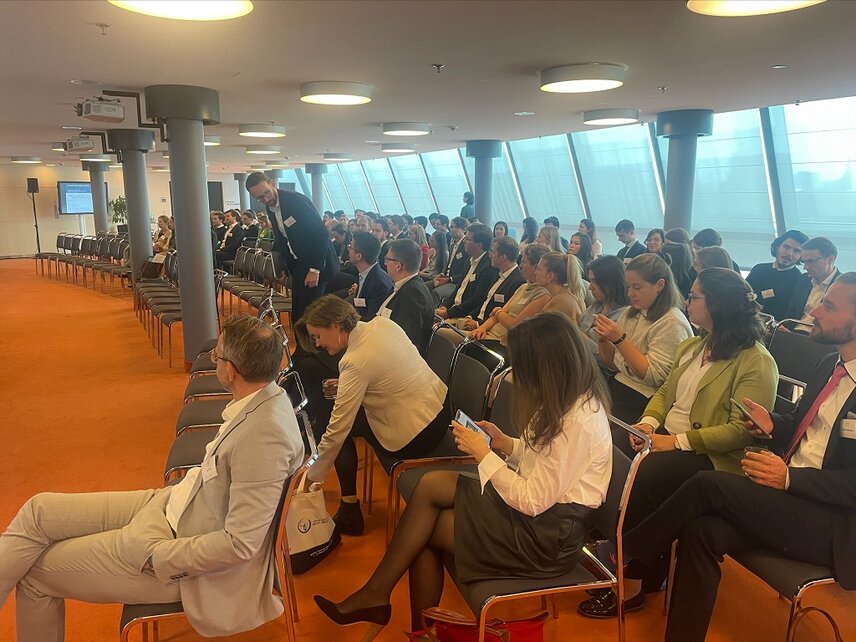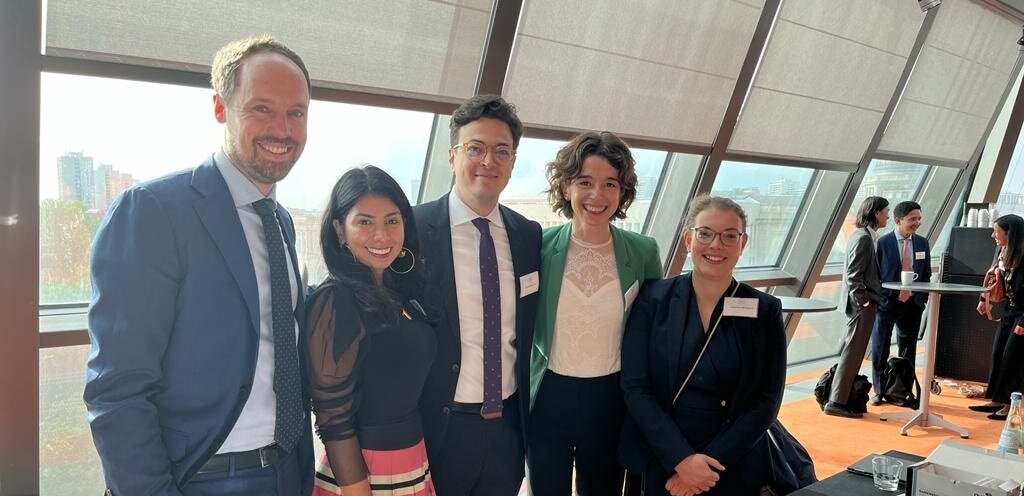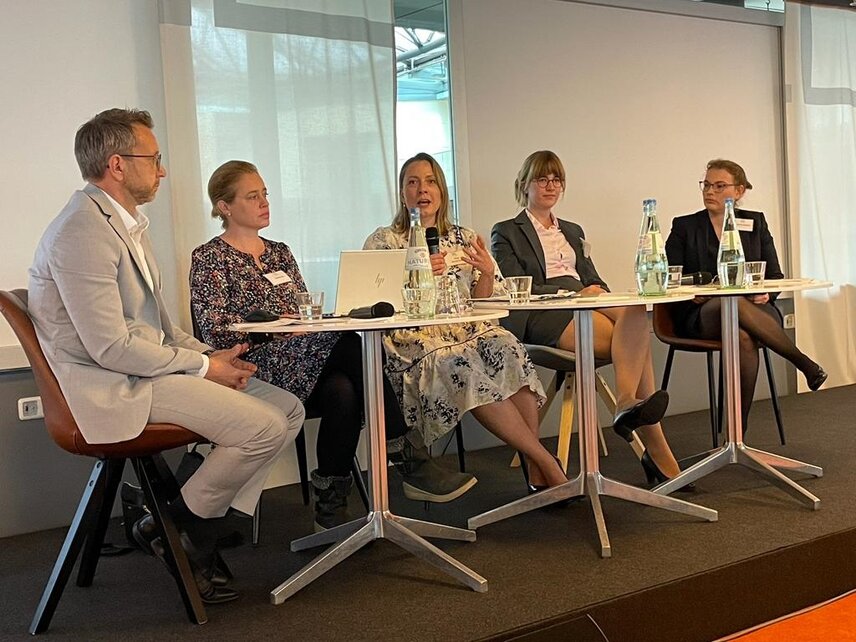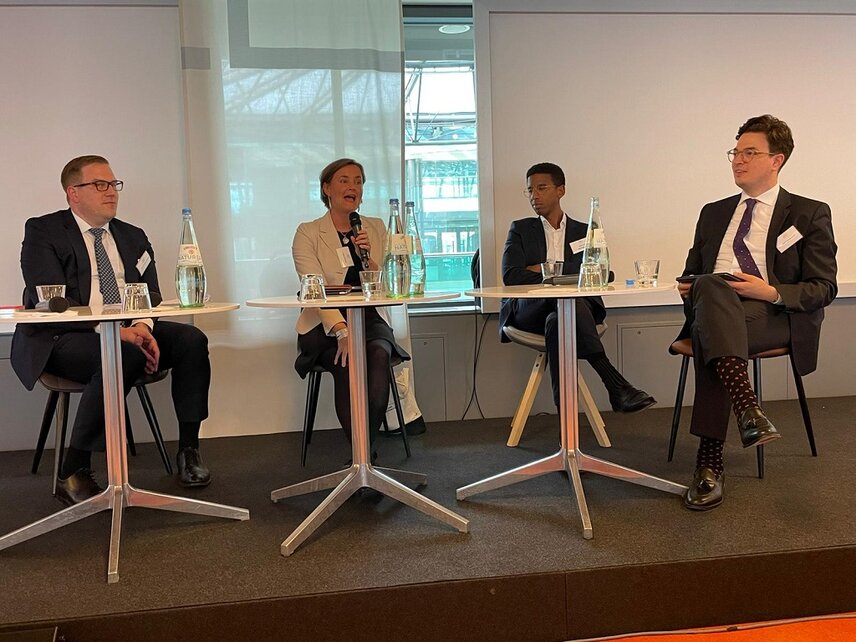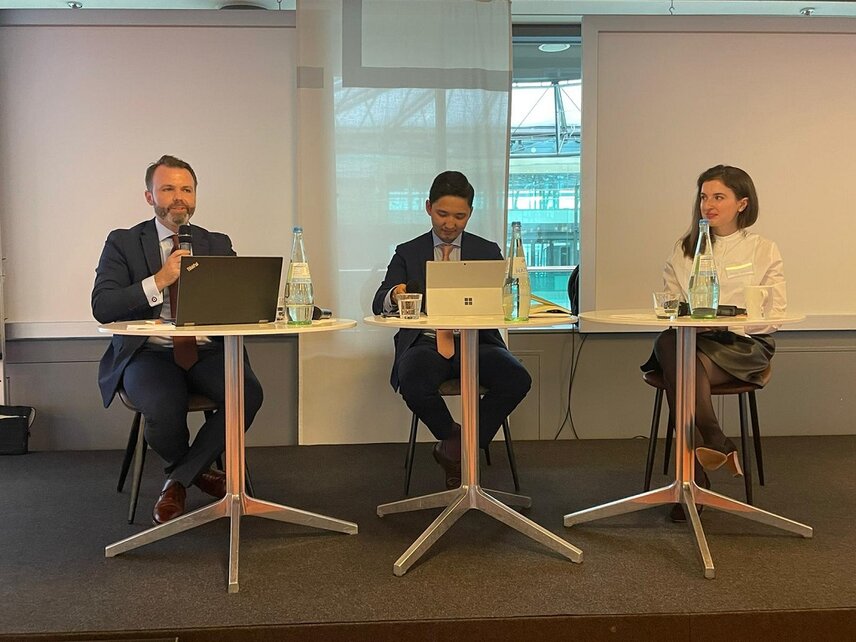The first Panel on “Arbitration and Environment” was moderated by Johanna Büstgens (Hanefeld). The panel comprising Amanda Neil (Freshfields Bruckhaus Deringer), Viktoria Schneider (Noerr), Alicja Zielińska-Eisen (Queritius), Jan Heiko Köhlbrandt (ADM) shared the opinion that strategic climate protection lawsuits brought by interest groups are probably best placed in state courts, but that investment and commercial arbitration will increasingly be the forum for disputes that touch upon climate change and environmental issues incidentally. Investment arbitration is currently seeing an increasing number of cases relating to the phasing out of traditional energy sources, but also relating to incentives for renewable energy projects. Against this background, the panel discussed whether the ECT leaves states enough freedom to implement changes to meet their decarbonization targets. In commercial arbitration, ESG clauses might become increasingly relevant. Even though from a business perspective, the breach of an ESG clause is “just” a breach of contract dispute, transparency might become an important aspect in cases triggered by a public event where the affected company will regularly have a strong interest to exonerate itself and demonstrate that the fault actually lies with a supplier.
